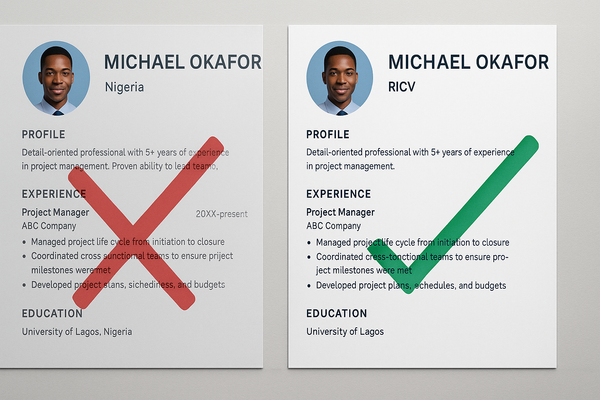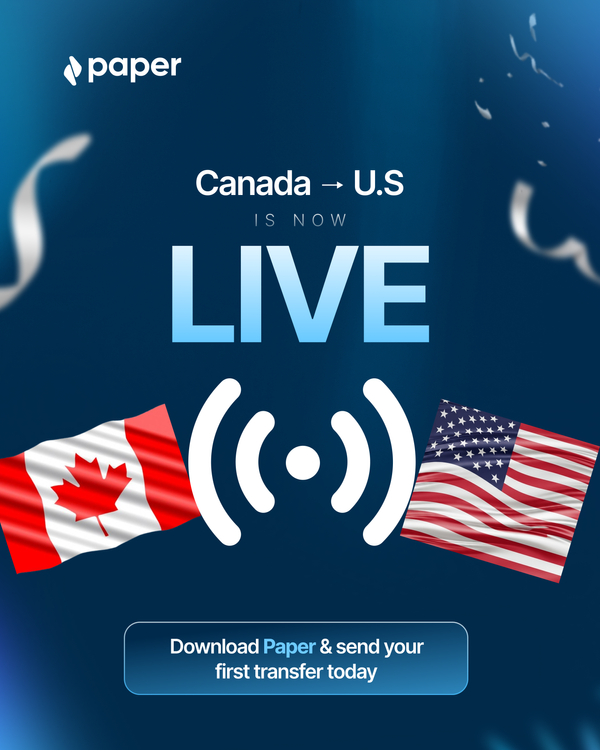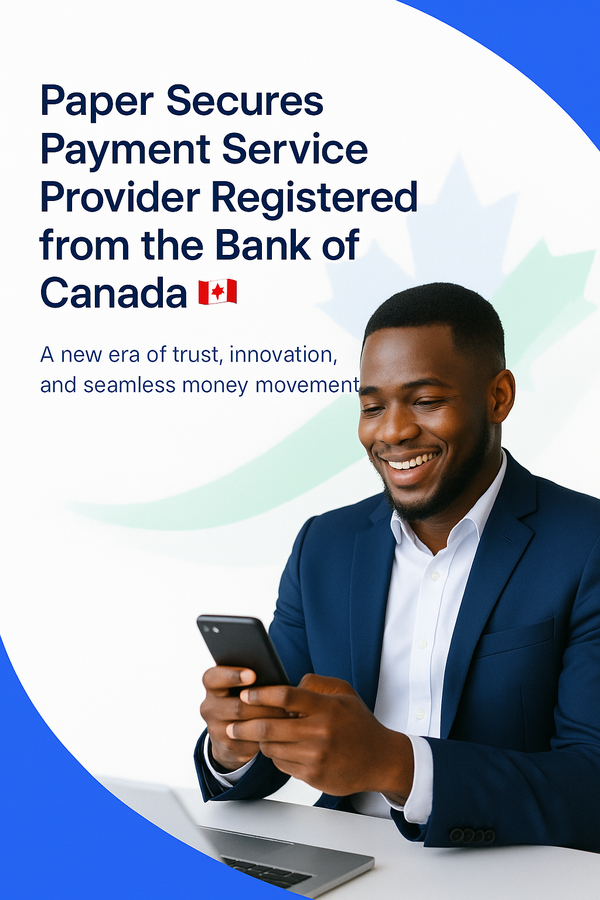The Real Cost of Living in Canada: What No One Tells You

Whether you just arrived or you're still counting down the days to your flight, we’re genuinely excited for you. Starting a new chapter in a new country is a big deal — full of hope, ambition, and yes, a fair amount of confusion too.
You’ve probably done your research: watched YouTube videos, asked friends who are already here, and maybe even joined a few WhatsApp or Telegram groups to “get gist” ahead of time. You’ve seen apartment listings, googled job boards, and calculated how many groceries you can buy with your first paycheck.
But here’s the thing — even with all that planning, there are some things no one really tells you about the cost of living in Canada until you experience it firsthand.
And while things in Nigeria are no longer as affordable as they used to be (₦10,000 for a dentist visit? ₦3,500 for weekly data?), the reality is that Canada introduces a whole new level of budgeting and financial surprises.
Let’s break down the real, everyday costs of living in Canada — not just the rent and groceries you already know about, but the little (and not-so-little) things that add up fast.
1. Dental Care Will Still Shock You
Even if you're used to spending more on healthcare in Nigeria these days, dental costs in Canada are still surprisingly high. A basic cleaning and check-up can start at $150 CAD, and that’s if everything is fine. Need a filling, root canal, or crown? You’re looking at hundreds, sometimes thousands of dollars — out of pocket if you don’t have insurance.
Many newcomers put off dental care because of the price, but that often leads to bigger (and more expensive) issues later on. If you're coming to Canada, explore student or newcomer insurance plans that include dental. And for the love of your wallet — floss.
2. Winter Costs More Than Just Cold Fingers
You’ve seen snow in movies. It looks soft and dreamy. But when you’re walking to the bus stop at -20°C and your toes are numb? That’s when you realize winter is expensive.
You can’t get by with a hoodie and vibes. A proper winter jacket can set you back $200–$400, snow boots are at least $100, and you’ll need gloves, scarves, thermals, and more. Then there’s heating — if you’re not careful, your hydro (electricity) bill can spike during the winter months. And for those driving, winter tires are required by law in some provinces — another cost to factor in.
Layering is cute, in theory. In practice, winter demands money.
3. The Tipping Culture Is Serious Business
In Nigeria, tipping is more of a “thank you” for exceptional service. In Canada, it’s an expectation. At restaurants, cafés, salons, and even for Uber rides, you're encouraged to tip between 10% and 20%. That $20 meal? You’re really spending $24 — or more if you’re feeling generous.
It’s one of those quiet cultural norms that add up over time. Even worse? Many point-of-sale machines are now designed to guide you into tipping before you even think twice. It’s polite, yes. But it also hits harder when you're watching your bank balance like a hawk.
4. You Pay to Get Paid
This one stings. Some Canadian banks charge you monthly maintenance fees just to hold your money. A basic chequing account can cost between $5 and $15 a month, depending on the features. And unless you keep a minimum balance, you don’t get around it.
You could also be charged for using the “wrong” ATM or for sending Interac transfers after a certain limit. It might not seem like a lot, but for newcomers trying to stretch every dollar, these fees start to feel like slow leaks in your financial boat.
5. Phone Plans Are a Different Type of Expensive
In Nigeria, mobile data is expensive, yes — but you still have flexibility. With ₦3,500, you can survive the week, stream some YouTube, chat on WhatsApp, and even hotspot a friend. In Canada? That same flexibility costs you much, much more.
Mobile plans here often start at $30-$40/month, and that’s for limited data. Want unlimited? That could easily climb to $65–$80 per month, plus taxes. And don’t forget: once you go over your limit, you may be charged overage fees. Many newcomers initially rely on Wi-Fi and minimal mobile data, but that’s not always sustainable — especially if you're job hunting or navigating new cities.
6. Daycare = Rent 2.0
If you’re coming to Canada with children, prepare yourself — childcare costs are real. In some major cities, full-time daycare can cost $1,000 to $2,000 per month per child. For many families, it’s like paying a second rent.
While some provinces offer subsidies and lower-cost daycare programs, there’s often a long waitlist. If you're a newcomer parent without immediate family support, you may have to rearrange your entire schedule — or budget — to manage childcare. It’s one of the most overlooked costs in migration planning.
7. Your Subscriptions Multiply Quietly
You arrive in Canada and sign up for Netflix. Then Spotify. Then Amazon Prime, Disney+, Crave, Apple Music… Add in a gym membership, your Presto (transit) pass, and cloud storage, and before you know it, you’re bleeding $150+ a month on autopilot subscriptions.
The danger isn’t just the price — it’s how invisible these charges become. You rarely think about them until you see the monthly deduction. Tracking them early helps you stay in control. Otherwise, they’ll quietly eat your wallet alive.
So, How Do You Stay Ahead?
The truth? Budgeting is your best defense. Knowing where your money is going and planning ahead for hidden costs will save you from a lot of “how did I spend this much?” moments. But beyond budgeting, using smart tools like Paper can make a huge difference — especially if you're supporting loved ones back home.
With Paper, you can:
- Send money to Nigeria at the best exchange rates — no hidden fees.
- Pay bills for your family directly — from tuition to electricity, without stress.
- Convert your Naira to CAD before making important payments so you're not caught off guard by rate changes.
Money management isn’t just about saving — it’s about being intentional. And Paper was built with that in mind, for Nigerians like you who are trying to build a life in Canada while still staying connected to home.
Final Thoughts
Canada is full of opportunity — no doubt about that. But the cost of living isn’t always what the Instagram reels and relocation guides show. And even though Nigeria has its own rising costs, adjusting to Canada’s unique financial landscape takes time, planning, and the right tools.
So whether you're layering for winter, tipping at a coffee shop, or trying to keep up with daycare and data bills — just know you're not alone. Plan smart. Spend wisely. And when it’s time to send love (and money) back home, #sendwithpaper




